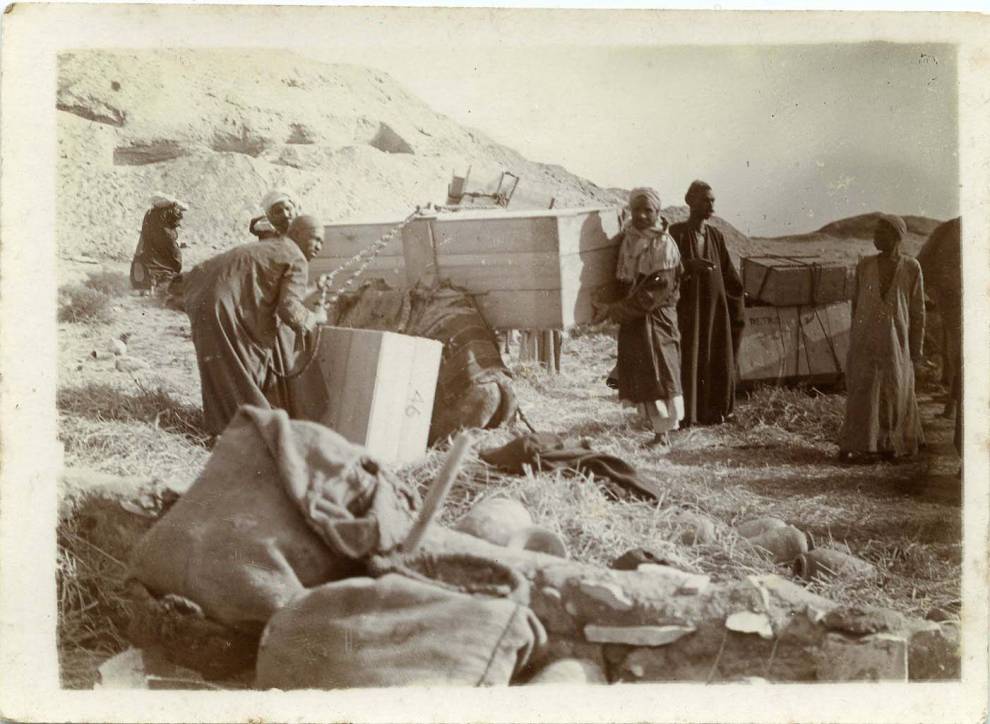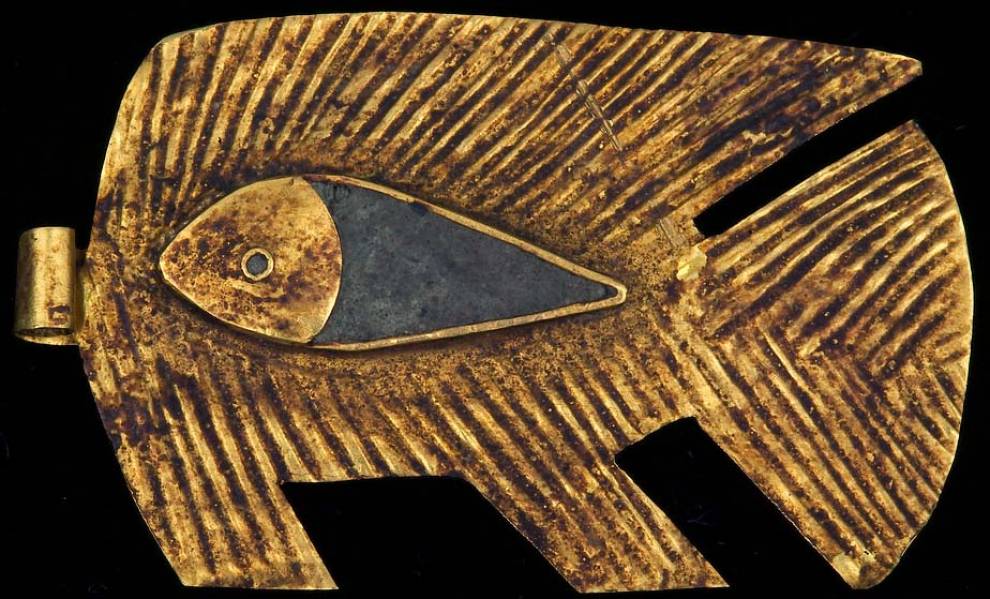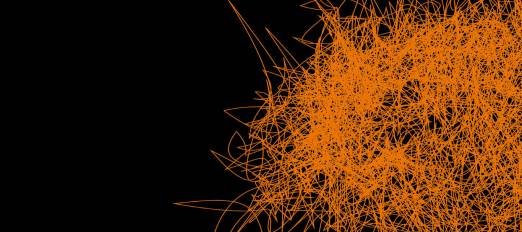‘Artefacts of Excavation’ is a 3-year, AHRC-funded collaborative project led by Dr Alice Stevenson at UCL, and Professor John Baines at the University of Oxford.
From the 1880s to the 1980s British excavations at sites across Egypt resulted in the discovery of tens of thousands of objects. A large proportion were exported from Egypt and distributed to an estimated 200 museums around the world before they were fully documented or published. 'Artefacts of Excavation' is an ambitious project that will create an online resource for the relocation and re-contextualization of these objects, and will explore the role of these distributions in the development of archaeology and museology.

The project aims to address the following questions:
- What was the scale and scope of the distribution of finds from British excavations in Egypt between 1880 and 1980? Where are these collections now?
- What do these finds distributions reveal about the changing relationship between museums, field archaeology and the development of research between 1880 and 1980?
- How were local, regional, national, and international identities (including colonial relations) negotiated through the circulation of antiquities from Egypt? How may these be understood in relation to questions of the ownership of Egyptian heritage today?
- How were ancient Egyptian artefacts from British excavations accommodated within different museums around the world? How may these local narratives be linked with wider developments in archaeology and museology?
Project Collaborators
Project conference
April 7-8 2016, University College London, Institute of Archaeology, G6
The conference outline is available here and the conference programme here.
The book of abstracts is also available here.

Project website
Hosted at the Griffith Institute: http://egyptartefacts.griffith.ox.ac.uk/
This website is not only a repository for the project outcomes. It also forms a central tool of our research and a point of engagement with museums worldwide. We will be posting here resources to help people identify and more fully understand excavated objects in collections, as well as sharing some of the stories that lie behind artefacts from British fieldwork in Egypt now dispersed across the globe. Our focus will be on the fieldwork of the Egypt Exploration Fund (EEF)/Society (EES), and the British School of Archaeology in Egypt (BSAE)/Egyptian Research Account (ERA).
Project publications
- Stevenson, A., Libonati, E. and Williams. A. forthcoming (May 2016) 'A selection of minor antiquities: a multi-sited view on collections from excavations in Egypt. World Archaeology 48(2)
- Stevenson, A. 2016. Conflict antiquities and conflicted antiquities: challenging the sale of legally excavated artefacts. Antiquity 90: 229-236 http://dx.doi.org/10.15184/aqy.2015.188
- Stevenson, A. and Libonati, E. 2015. Artefacts of Excavation. Egyptian Archaeology 46: 27-29.
- Stevenson, A. 2015. Between the field and the museum: the ongoing project of archaeological context. Egyptian and Egyptological Documents Archives Libraries 4: 109-118
- Stevenson, A. 2014. Artefacts of excavation: the collection and distribution of Egyptian finds to museums, 1880–1915. Journal of the History of Collections 26(1): 89–102.
 Close
Close


